

|
Maximising lubricant value | Joe Star, VPS
VPS Strategic Account Manager shares insights from the firm's database of lubricant oil results. |
|
|
|
||

|
IBIA seeks marketing and events coordinator for remote role
International Bunker Industry Association is recruiting for a dual-reporting position supporting global campaigns and event delivery. |
|
|
|
||

|
Arkas Bunker and DB Tarımsal Enerji present Turkish biofuel model at IMO seminar
Turkish firms showcase integrated waste-to-fuel system with ISCC-EU certification at London technical seminar. |
|
|
|
||
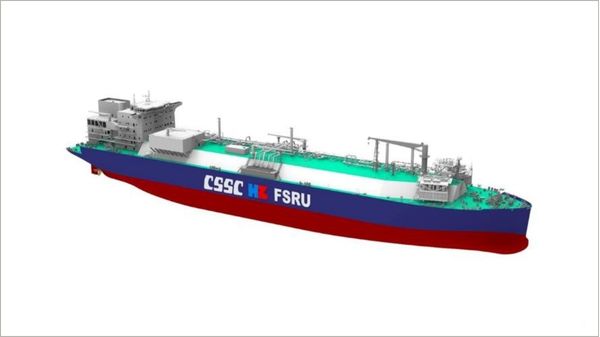
|
Bureau Veritas grants approval in principle for five Hudong-Zhonghua gas carrier designs
Approvals cover LNG and ethane carriers, an FSRU, carbon capture readiness and 3D classification. |
|
|
|
||
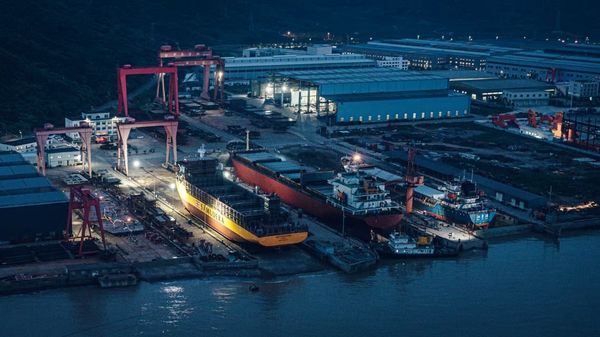
|
Wärtsilä Gas Solutions wins LNG systems order for two 20,000-cbm bunkering vessels
Technology group’s systems will be installed on vessels being built at a Chinese shipyard for a Hong Kong owner. |
|
|
|
||
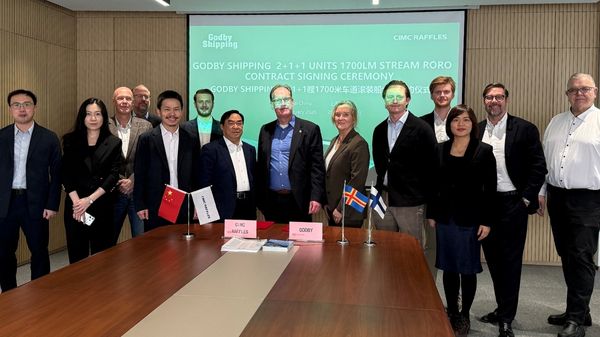
|
Godby Shipping orders two Stream RoRo 1700 vessels with green technology focus
Finnish operator places order at CIMC Raffles, with options for two additional ships. |
|
|
|
||

|
Bunker Holding seeks student assistant for IT governance and contract team
Danish marine fuel supplier recruits part-time student for IT governance role in Middelfart. |
|
|
|
||
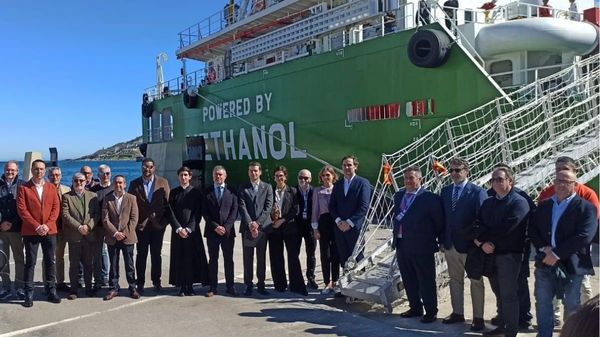
|
Vilma Oil Med deploys methanol-capable bunker tanker at Ceuta
Maya Cosulich can carry methanol and biofuels, features dual-fuel capability and mass flow meter technology. |
|
|
|
||
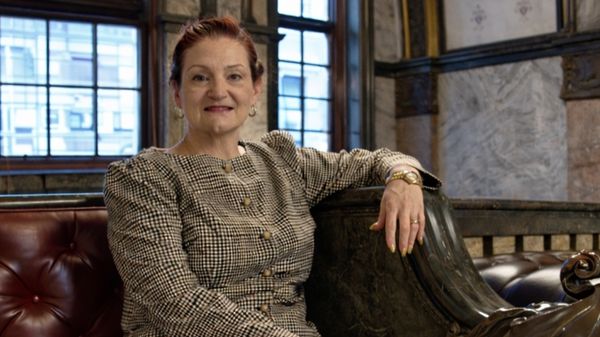
|
Anemoi Marine Technologies appoints Lloyd’s Register technical director to oversight committee
Claudene Sharp-Patel brings maritime operational expertise to guide wind-assisted propulsion development. |
|
|
|
||
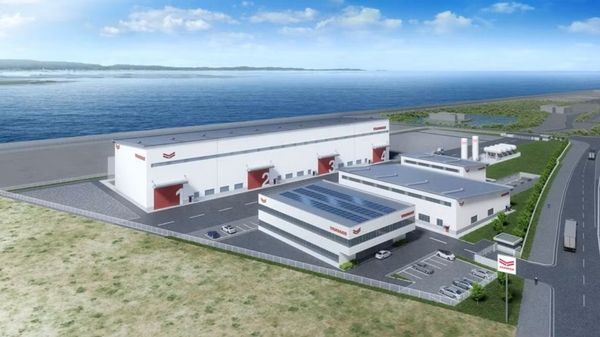
|
Yanmar to build hydrogen engine test facility in Japan by 2029
Japanese engine manufacturer acquires land for new factory to develop next-generation marine fuel technologies. |
|
|
|
||